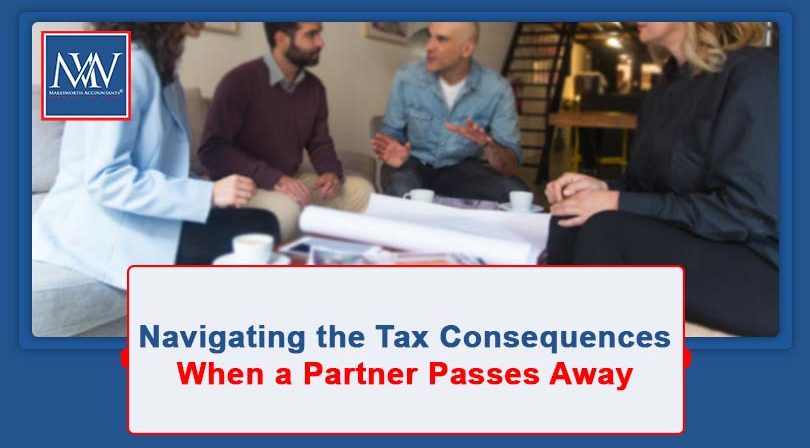
Navigating the Tax Consequences When a Partner Passes Away
Understanding Partnerships and Their Legal Nature
A partnership is one of the most flexible forms of business and can be established with just a verbal agreement. As soon as two or more parties begin working together in a business venture with the aim of making a profit, a partnership is formed, whether they are individuals, companies, or even trusts.
If the partners do not formalize their arrangement with a written agreement, the rules set out in the Partnership Act 1890 automatically apply. Under this Act:
- Profits and losses are split equally.
- All partners are jointly liable for the debts and obligations of the business.
- The partnership dissolves automatically if any partner dies or is declared bankrupt—unless a specific agreement states otherwise.
Unlike limited companies, partnerships (except in Scotland) are not considered separate legal entities. Instead, each partner is treated as carrying on the business personally, meaning they are taxed on their share of the profits.
What Happens When a Partner Dies?
The death of a partner can have significant tax and operational implications. According to the default rules of the Partnership Act 1890, the partnership must be dissolved upon the death of a partner, unless an agreement states otherwise. This could mean selling off assets, settling liabilities, and distributing any remaining value among the surviving partners and the deceased’s estate.
For inheritance tax (IHT) purposes, the deceased partner’s share in the business forms part of their estate. While this may constitute a transfer of value, it could qualify for Business Property Relief, potentially reducing or eliminating the IHT liability.
The estate of the deceased partner is also entitled to:
- Their share of the profits earned after their death up to the date of settlement, or
- Interest at 5% annually on the value of their partnership share.
It is up to the personal representatives to decide which of these options to take.
For income tax, the position mirrors that of a sole trader ceasing trade. The deceased’s final tax return will account for profits made from the end of the previous accounting period up to the date of death.
Limited Liability Partnerships (LLPs)
LLPs function similarly to traditional partnerships for tax purposes, but they provide a crucial advantage: limited liability. Each partner’s financial risk is limited to the capital they invest, offering protection comparable to that of shareholders in a limited company.
The Role of a Partnership Agreement
A well-drafted partnership agreement can drastically reduce the disruption caused by the death of a partner. Most agreements include:
- Provisions to continue the business after a partner’s death.
- Rules about who inherits or may purchase the deceased’s interest.
- Methods for valuing the deceased partner’s share.
- Terms for paying out capital to the estate.
- Steps to remove the deceased’s name from documents and contracts.
Such an agreement provides much-needed clarity and ensures a smoother transition, both for surviving partners and the deceased’s beneficiaries.
Final Thoughts
The death of a partner doesn’t have to mean the end of a business, but it can create complex tax and legal consequences if not planned for properly. Establishing a partnership agreement that outlines what should happen in such an event is essential to protecting both the business and the interests of the deceased partner’s estate.
Partner Note:
- Partnership Act 1890: Sections 1 and 42
- HMRC Statement of Practice D12: Partnerships
For more information, Book a Free Consultation
Need Accountancy Support?
For information on bespoke training, or if you have any other questions for Makesworth Accountant, please fill in your details below
















 151
151